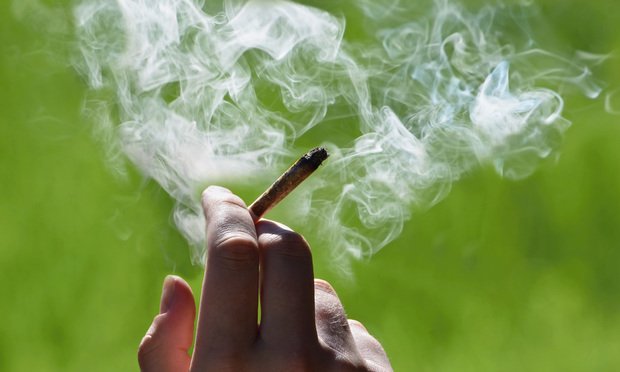 States have addressed the workers' compensation question differently. Maine and Minnesota courts, for example, have invalidated workers' compensation orders for medical marijuana. Judges in New Hampshire and New Jersey, however, have upheld them. (Credit: Tunatura/Shutterstock)
States have addressed the workers' compensation question differently. Maine and Minnesota courts, for example, have invalidated workers' compensation orders for medical marijuana. Judges in New Hampshire and New Jersey, however, have upheld them. (Credit: Tunatura/Shutterstock)
The U.S. Solicitor General's Office on May 16, 2022, urged the U.S. Supreme Court not to jump into the debate over whether workers' compensation should cover medical marijuana costs.
Recommended For You
Want to continue reading?
Become a Free PropertyCasualty360 Digital Reader
Your access to unlimited PropertyCasualty360 content isn’t changing.
Once you are an ALM digital member, you’ll receive:
- Breaking insurance news and analysis, on-site and via our newsletters and custom alerts
- Weekly Insurance Speak podcast featuring exclusive interviews with industry leaders
- Educational webcasts, white papers, and ebooks from industry thought leaders
- Critical converage of the employee benefits and financial advisory markets on our other ALM sites, BenefitsPRO and ThinkAdvisor
Already have an account? Sign In Now
© Touchpoint Markets, All Rights Reserved. Request academic re-use from www.copyright.com. All other uses, submit a request to [email protected]. For more inforrmation visit Asset & Logo Licensing.







